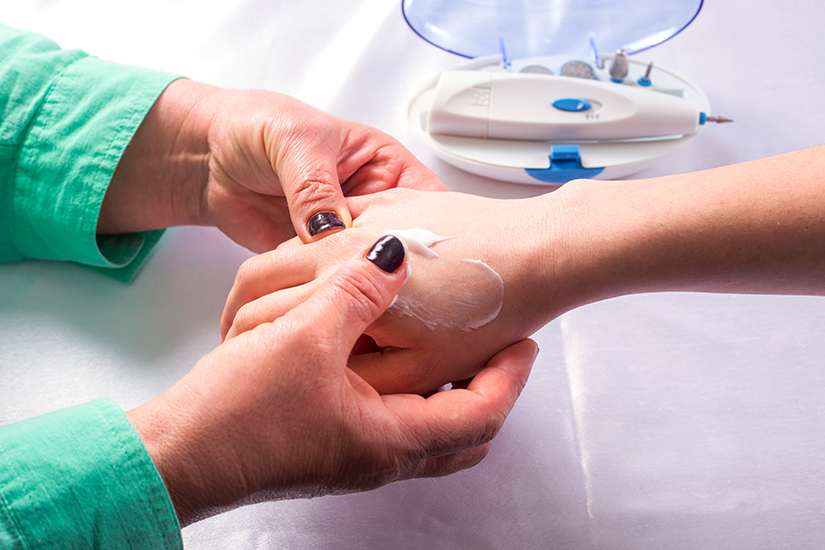- Emergency Ambulance Services
- 8606811111
- 0471-4077777, 0471-7177888
- gro@sutpattom.com
The Importance of Prevention and Early Detection in Combating Cancer
Col. Rajeev Mannali, Chief Executive Officer, SUT Hospital, Pattom
Cancer is one of the deadliest diseases known to humanity, affecting people regardless of age, gender, or social status. In other words, cancer attacks indiscriminately. Without delving into statistical data, it is widely acknowledged as one of the most lethal diseases. The most concerning aspect of cancer is that it can affect various organs of the human body, and in some cases, multiple organs simultaneously. This makes detection extremely challenging.
The Need for Stringent Action
As a society, we must take stringent measures to combat cancer effectively. The first step in this fight is Prevention. One of the most promising preventive strategies is genetic testing which could help identify individuals at risk of developing cancer. Similar to how vaccinations and immunizations protect against infectious diseases, genetic testing could serve as a proactive measure against cancer. If genetic testing becomes a routine practice, particularly at birth, it may help detect the likelihood of cancer developing later in life. With this knowledge, healthcare professionals can implement preventive measures and conduct regular screenings to monitor and mitigate risks.
Role of Policymakers and Governments
Governments and policymakers worldwide are increasingly recognizing the importance of cancer prevention. However, given the vast number of people affected, a well-coordinated approach is necessary. Prevention through genetic testing may seem challenging, but with government support, business sector involvement, and public participation, it can become a reality—just as immunization programs have successfully been implemented worldwide especially as evidenced in the case of polio vaccination.
Moreover, healthcare infrastructure must be strengthened to facilitate early detection. In a country like India, primary health centers should be equipped with the necessary screening and diagnostic facilities. Early detection allows for timely medical intervention, increasing the chances of successful treatment and survival.
The Role of Lifestyle Changes
Beyond genetic testing and early detection, lifestyle changes play a crucial role in cancer prevention. Unhealthy lifestyle habits, excessive stress, and environmental factors contribute significantly to the increasing incidence of cancer. Addressing these issues requires a comprehensive public awareness campaign, starting from schools and colleges to educate individuals on the importance of healthy living.
Practices such as yoga, meditation, and pranayama can help in managing stress and promoting overall well-being. Encouraging these practices from a young age can instill lifelong habits that contribute to disease prevention, including cancer.
A Collective Effort
Once cancer has spread, controlling it becomes extremely difficult. Therefore, prevention and early detection are the most effective strategies in the fight against cancer. While government support is crucial, non-governmental organizations (NGOs) also have a vital role to play. These organizations can help raise awareness, provide screening facilities, and offer support to patients and their families. Every possible effort must be made to assist these NGOs in their mission to prevent and detect cancer effectively.
In conclusion, combating cancer requires a multi-faceted approach involving prevention, early detection, lifestyle modifications, and collective efforts from governments, healthcare providers, and society as a whole. By taking proactive steps, we can move toward a future where cancer is detected early, treated effectively, and, ultimately, prevented.









